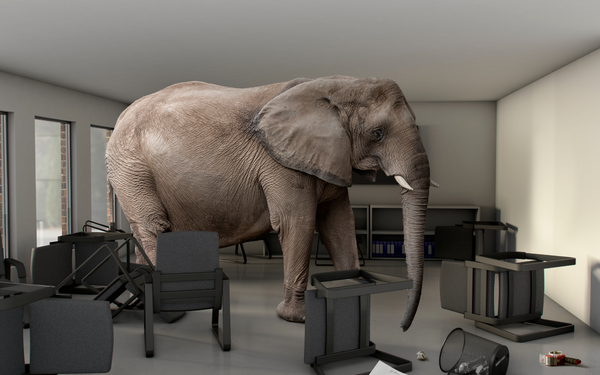The Blessing of Humor
Healthy, conscious humor is foundational for our mental health. Did you know that humor helps us create bonds, reduces stress, and can boost creativity? Humor also helps us navigate challenging times.
There is something magical when we can poke fun at everything, including ourselves. Imagine if when you were a kid, you were taught the value of laughter and not taking life too seriously. What if it was on the school’s curriculum?
Of course, there would be balance with learning about personal accountability and responsibility. But imagine a class on the history of laughter through the ages? Maybe even on the impact of laughter on a healthy body?
Studying Humor
There are many researchers studying humor and laughter. Gelotology is the study of laughter and its effects on our bodies. And some universities like Stanford now offer courses on humor and are also publishing books to lighten us up.
Even the Mayo Clinic suggests that laughter is the best medicine. Laughter can ease pain by causing the body to produce its own natural painkillers. Increase personal satisfaction. Humor makes it easier to deal with difficult situations. It also helps us connect with ourselves and each other.
Babies laugh, on average, 400 times a day; people over 35, only 15. A serious 40-year-old will take two and a half months to log that many laughs.
According to a Gallup survey of 1.4 million people in 166 countries, the frequency in which we laugh or smile on a given day begins to plummet at age 23. And adults laugh significantly less on weekdays than on weekends.
Happiness is Not Material
A Happiness Report (focused on consumerism!! Because how else can we experience it?) included 12,000 consumers and business leaders across14 countries. The study found that “people are searching for new experiences to make them smile and laugh. They will reward brands that embrace humor with loyalty, advocacy, and repeat purchases. And walk away from those that don’t.”
People are prioritizing health (80%), personal connections (79%), and experiences (53%) to gain happiness.
Nine in ten business leaders see the opportunity to use humor to enhance the customer experience and believe their brand can do more to make customers laugh or smile. But 95% of business leaders fear using humor in customer interactions.
Is It Time to Play?
When we are stressed, anxious or depressed, we seriously cannot see beyond our problems and challenges. And when we consciously play and experience fun, we can tap into our curiosity, imagination and hearts. Imagine there were playdates at work around our greatest opportunities. We would get to explore possibilities and also poke fun at ourselves when we take ourselves way too seriously.
Did you know that when we create in playful environments, our level of engagement increases? And when that play is directly tied to our life’s work and what sparks our souls, we create at higher frequencies. This means we actually collaborate more openly and freely.
If everything is energy, then when we laugh we spread lightness as we interact with each other. There is an invisible and unseen orchestration of energies blending for the purpose of healthy creation.
Comedian John Cleese observed, “A wonderful thing about true laughter is that it just destroys any kind of system of dividing people.”
The bottom line is that healthy humor helps us come across authentically, and it doesn’t mean we are not serious. Humor simply increases curiosity, reduces stress and fosters connection and collaboration. When we’re whole, humor and laughter are integrated into our daily life.
What’s making you smile, laugh and feel connected? How often are you chuckling?


